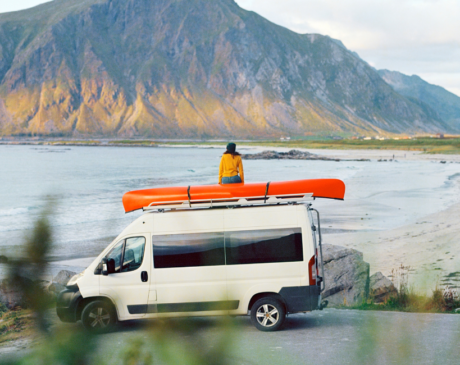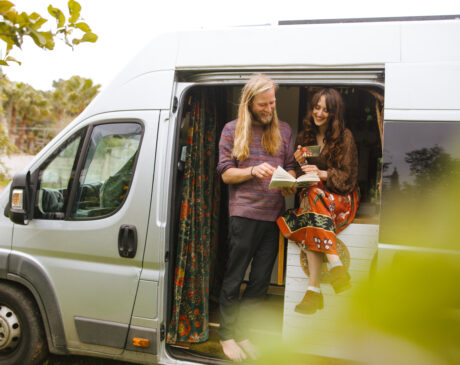Finding Solitude: Sacha’s Journey to Off-Grid Living
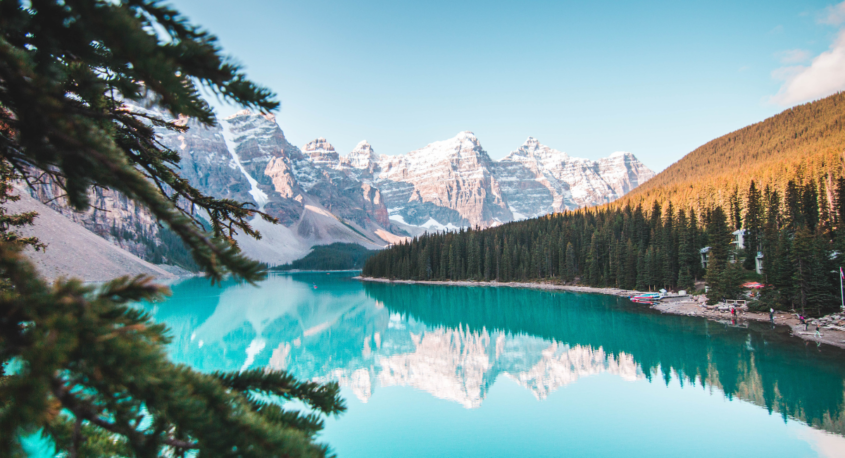
This interview “Finding Solitude: Sacha’s Journey to Off-Grid Living” chronicles the journey of Sacha, a former documentary filmmaker, who embarked on a quest for a simpler, more sustainable lifestyle by constructing an off-grid cabin in the woods.
Tired of the routine and pressures of conventional living, Sacha sought refuge in nature, inspired by a desire for alternative living arrangements.
Despite financial constraints and a lack of experience, Sacha spent seven years realising their dream, supported by freelance filmmaking income.
Reflecting on childhood experiences in nature and professional endeavors, Sacha emphasizes the importance of aligning lifestyle choices with personal values.
The narrative advocates for reevaluating societal norms, promoting awareness of alternative living options, and embracing sustainability in the face of global challenges.
Hi sacha, tell us a bit about you, your life and what led you to make this lifestyle choice!
My childhood in Canada was marked by suburban normalcy, spending time with my grandmother while my parents worked.
Camping trips with cousins were beloved escapes, where I learned to love the solitude that the woods give you.
At 19, after my parents’ divorce, I sought independence in St-Féréole les Neiges.
Embracing filmmaking, I honed my skills through unpaid jobs and different projects, living frugally with the support of my grandmother.
Travel expanded my perspectives, leading to the decision to buy land and build an independent house.
Years of research followed, influenced by global experiences. Each country’s off-grid configurations vary, which led to a customized approach to sustainable living in the Canadian climate.
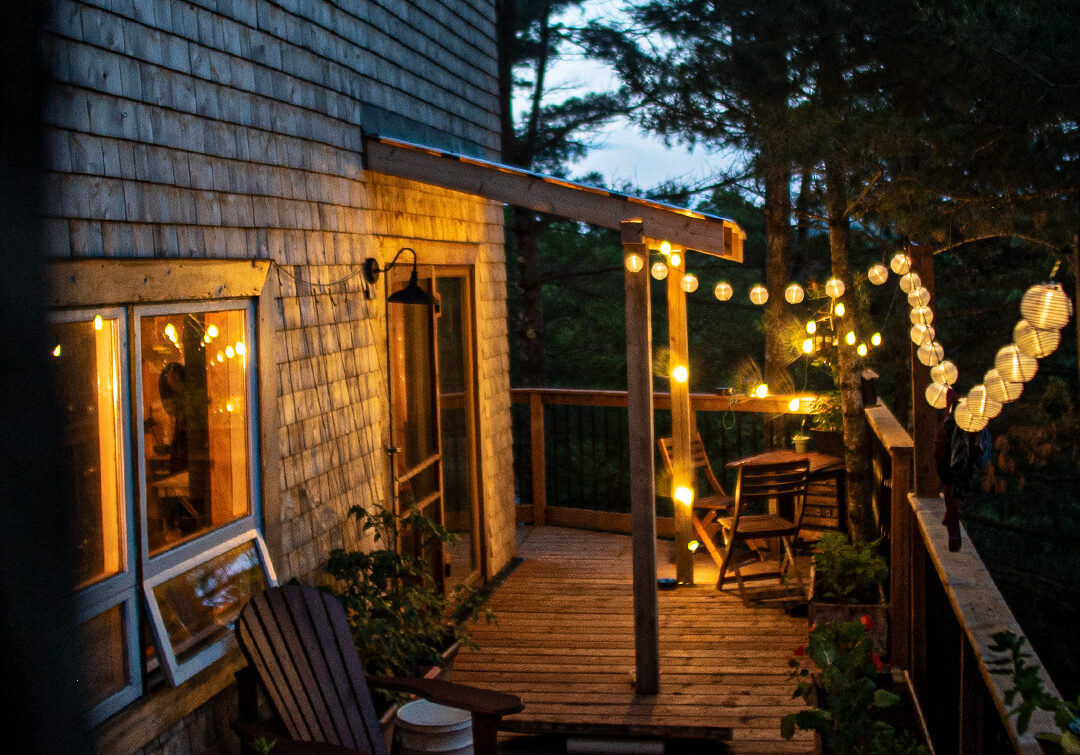
What is meant by “Off Grid”?
Off-Grid is a characteristic of buildings and lifestyle designed in an independent manner without reliance on one or more public utilities.
The term « off-the-grid » traditionally refers to not being connected to the electrical grid, but can also include other utilities like water, gas and sewer systems, and can scale from residential homes to small communities.
Off-the-grid living allows for buildings and people to be self-sufficient, which is advantageous in isolated locations where normal utilities cannot reach and is attractive to those who want to reduce environmental impact and cost of living.
Generally, an off-grid building must be able to supply energy and potable water for itself, as well as manage food, waste and wastewater. Regrettably, due to my cliffside location, cultivating food has posed a considerable challenge. However, I am fortunate to reside in an area abundant with organic farms.
Dedicated farmers in the vicinity work tirelessly to yield the finest produce, and I wholeheartedly support and encourage their efforts.
These local farms serve as a lifeline, providing access to fresh, high-quality food that complements my off-grid lifestyle.
How did you start your off-grid home project?
In the past, my ex-girlfriend advised me to invest in a traditional mortgage instead of pursuing my off-grid home project.
However, I was determined to build a home away from the city.
This taught me the importance of knowing exactly what I wanted for such a significant endeavor.
Finding the right plot of land was crucial, and I used various methods including online platforms and engaging with locals.
Despite initial setbacks, I eventually found the perfect plot with favorable solar orientation.
Celebrating this milestone with my best friend, we shared dreams about the cabin we would build on that spot during a camping trip.
What are the foundational tools for living off-grid?
When I started building off-grid, I did not initially consider the need for tools.
My nomadic lifestyle did not require them.
Eventually I realized the need for a variety of tools such as drills, saws and compressors.
Living off-grid requires additional equipment such as generators, especially in the months of low light.
I initially used acid batteries, but switched to lithium for better performance.
Solar kits efficiently power my cabin, with the refrigerator being the appliance that consumes the most electricity.
I opted for a 115-volt refrigerator for greater efficiency. Solar systems can be upgraded over time as needed, ensuring reliable off-grid life.
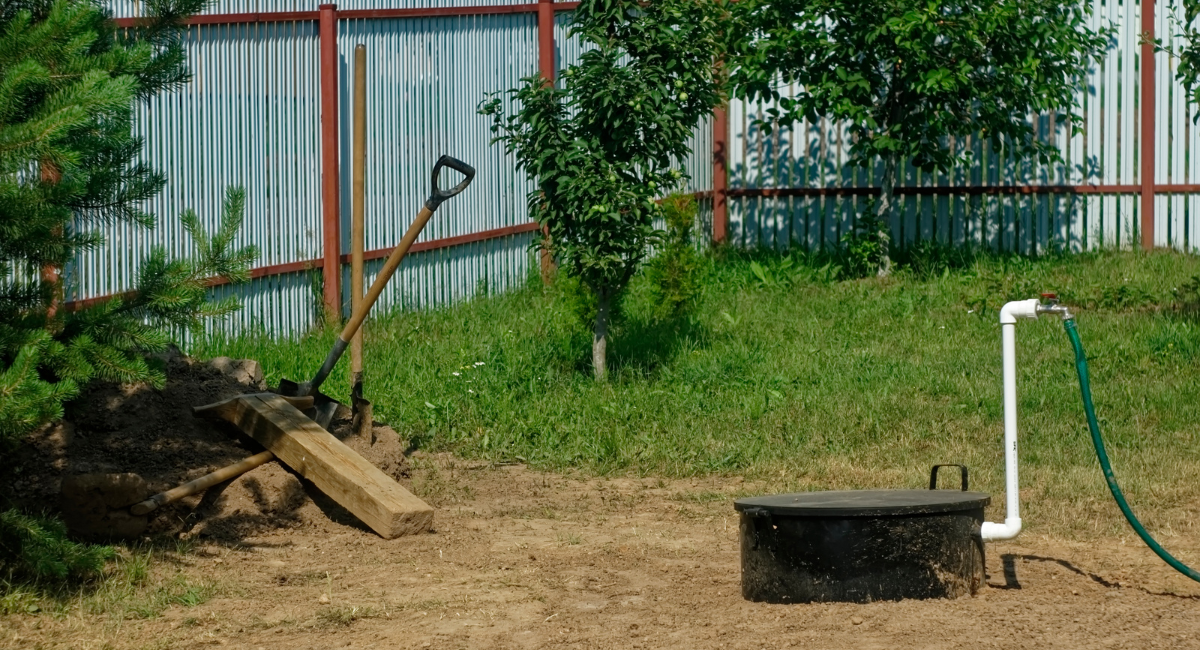
What were the biggest difficulties during the construction of your home?
Reflecting on my journey in building an off-grid house and this off-grid living lifestyle, I recognise several mistakes made along the way.
One significant mistake was building on top of a cliff, resulting in soil and transportation problems.
In hindsight, I realised that a proper road needed to be built to reach the valley, saving time and effort.
I had problems with water pumps and propane water heaters because I chose inexpensive options and then invested in more reliable models.
The old fixtures, initially practical, turned out to be inefficient and required upgrading.
The water tank configuration also had shortcomings and required additional pumps due to filtration limitations.
Budget miscalculations led to expenditures three times the initial estimate, underscoring the importance of meticulous planning.
These experiences underscore the importance of foresight, investment in quality, and careful planning in these types of initiatives.
Do you see yourself here in the future or would you like to move to another country?
Living in this cabin, despite being just a short drive from a small town, feels like the perfect balance.
Being close to civilisation allows me to access necessary supplies and enjoy social interactions, avoiding any feelings of isolation.
The village holds a charm that resonates with me deeply.
It’s not my birthplace, yet it’s the first place that truly feels like home.
It’s more than just the house; it’s the entire environment.
The nearby river, the community that knows each other by name, these elements create a sense of belonging that I cherish.
Reflecting on whether I would leave this place or the house I painstakingly built myself, the answer is probably not, at least not now.
There’s a certain attachment that has grown over time.
I once dreamt of living in an off-grid home, and now that I’m here, it’s fulfilling!
Even though it’s complete, there are always ideas and plans on the horizon; but for now, I’m content in this space that holds not just a roof over my head, but countless stories and experiences that have shaped me along the way.
Thank you very much Sacha!
Sacha’s journey to off-grid living serves as a testament to the human spirit’s capacity for adaptation and resilience.
From childhood camping trips to navigating the complexities of sustainable construction, Sacha’s story underscores the importance of aligning lifestyle choices with personal values.
As Sacha reflects on the challenges and triumphs of building an off-grid home, they emphasize the significance of foresight, investment in quality, and meticulous planning.
Despite setbacks and budget miscalculations, Sacha finds fulfilment in the tranquil environment of their cabin, nestled within a vibrant community.
Looking ahead, Sacha sees this place not just as a home but as a sanctuary where countless stories and experiences continue to unfold.
As they embark on this new chapter, Sacha’s journey inspires others to reevaluate societal norms, embrace alternative living options, and prioritize sustainability in an ever-changing world.
If you want to follow Sacha’s adventures, here is the link to his social media:
https://www.instagram.com/canadiancastaway?igsh=MWxqYTFkNzlyd2hkeQ==
Did you like our article: “Finding Solitude: Sacha’s Journey to Off-Grid Living”? Leave a comment below!

